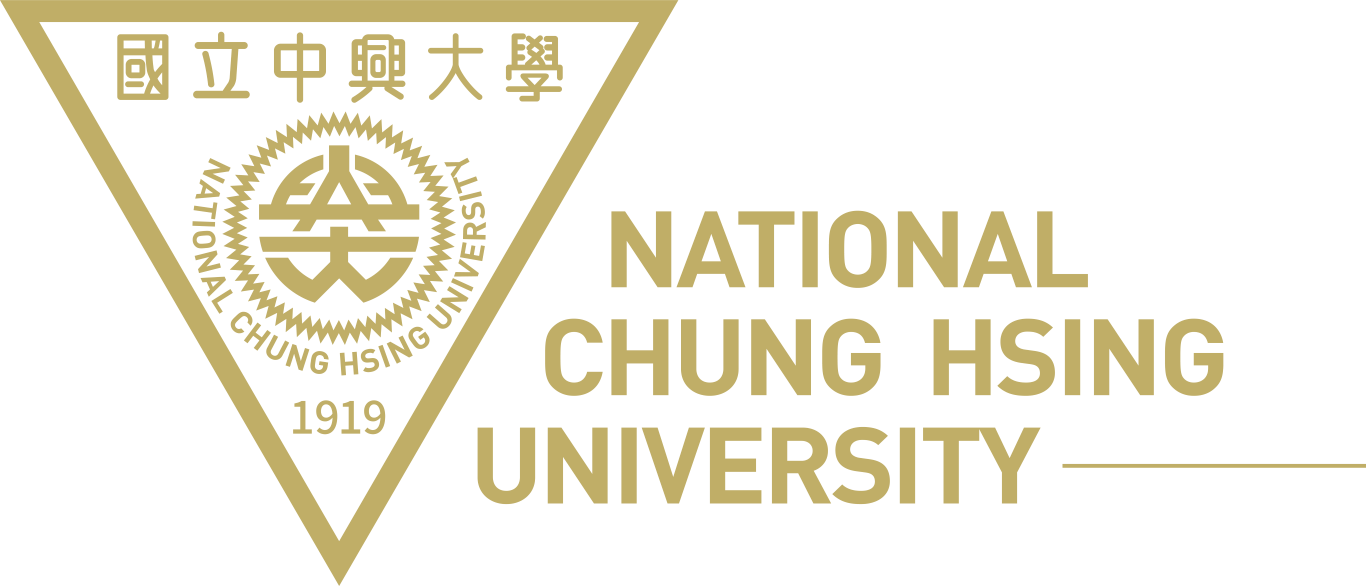Events and Activities for International Students
The Office of International Affairs and the International Pioneer Club co-organize welcoming parties, cultural tours, University anniversary parades, commencement tea parties, International Cultural Week, and a wide range of other events and activities to help international students adapt to life on campus, enrich their experience in Taiwan, and foster their relationship with local faculty members and students.

